In 2014 I embarked on an adventure of a lifetime. I participated in the Volvo Ocean Race, a lifelong dream and the pinnacle of crewed, offshore sailboat racing. Participants circumnavigate the planet in a competitive arena that features the best sailors in the world. It’s an extreme test of physical and mental sport with some of the earth’s most beautiful sights serving as the backdrop. When the gun went off, I had a feeling of trepidation. I had never been through this before. Our adventure concluded, 9 months and 45,000 miles later, with ups and downs and a lot of lessons learned. In 2017 I was lucky enough to get another crack at it, but this time I was more prepared and more confident because I’d been there before. I had learned from my mistakes and was ready to capitalize on my learnings. This bore fruit right out of the blocks, we won the first leg of the race, transforming us from pretenders into contenders. It's one’s ability to incrementally improve from experience that makes them successful; in planetary circumnavigation and in the way we live our lives.
In 2014 I embarked on an adventure of a lifetime. I participated in the Volvo Ocean Race, a lifelong dream and the pinnacle of crewed, offshore sailboat racing. Participants circumnavigate the planet in a competitive arena that features the best sailors in the world. It’s an extreme test of physical and mental sport with some of the earth’s most beautiful sights serving as the backdrop. When the gun went off, I had a feeling of trepidation. I had never been through this before. Our adventure concluded, 9 months and 45,000 miles later, with ups and downs and a lot of lessons learned. In 2017 I was lucky enough to get another crack at it, but this time I was more prepared and more confident because I’d been there before. I had learned from my mistakes and was ready to capitalize on my learnings. This bore fruit right out of the blocks, we won the first leg of the race, transforming us from pretenders into contenders. It's one’s ability to incrementally improve from experience that makes them successful; in planetary circumnavigation and in the way we live our lives.
Racing offshore sailboats is a never-ending learning process. Ripping across the Atlantic in our IMOCA 60 from Brazil to France back in November. Photo by Amory Ross | 11th Hour Racing
Today we are living in interesting times and there’s no telling how long they will last. When will we return to “normal”? What will the new-normal actually look like? Will things ever be the same? The reality is, I hope not. On a macro level we’ve learned a lot from this pandemic; how we could have been better prepared and how to mitigate its spread. On a micro level, hopefully, we’ve learned even more; how to live in isolation, what’s really important to us, what we actually need to get by. If we, as organizations and individuals, go back to leading our old-normal lives we will have failed. Just as we learned between our first and second circumnavigation, we as individuals need to change the way we operate based on our takeaways from the past few months.
My family unit, or my “germ circle” as we’ve started referring to ourselves, has been hunkered down for over a month now. There have been a lot of changes around our house. Firstly, when you can’t share child care responsibilities with people outside your family unit….yikes. We have a 2 and a 4 year old and caring for them inside on a rainy day in April can be an absolute nightmare. That said, it’s also a blessing and I can be heard calling them angels and savages within the same 10 minute span.
Today we are living in interesting times and there’s no telling how long they will last. When will we return to “normal”? What will the new-normal actually look like? Will things ever be the same? The reality is, I hope not. On a macro level we’ve learned a lot from this pandemic; how we could have been better prepared and how to mitigate its spread. On a micro level, hopefully, we’ve learned even more; how to live in isolation, what’s really important to us, what we actually need to get by. If we, as organizations and individuals, go back to leading our old-normal lives we will have failed. Just as we learned between our first and second circumnavigation, we as individuals need to change the way we operate based on our takeaways from the past few months.
My family unit, or my “germ circle” as we’ve started referring to ourselves, has been hunkered down for over a month now. There have been a lot of changes around our house. Firstly, when you can’t share child care responsibilities with people outside your family unit….yikes. We have a 2 and a 4 year old and caring for them inside on a rainy day in April can be an absolute nightmare. That said, it’s also a blessing and I can be heard calling them angels and savages within the same 10 minute span.
Me and my germ circle. My offspring look innocent here, don’t be fooled!
During the old-normal, I travelled a lot for work. I travelled to race, for speaking engagements, design meetings, conferences, you name it, usually 100,000 miles per year. An unintended consequence of all that travel has been my growing reputation as a no-show dad. I didn't see my kids for almost 2 months straight at the end of last year. As much as we joke about how hard it is to corral them at times, I feel very lucky to have this newfound time at home. Making family time more of a priority in the new-normal will be rewarding; watching them grow, helping them develop, giving my wife more time to herself!
During the old-normal, I travelled a lot for work. I travelled to race, for speaking engagements, design meetings, conferences, you name it, usually 100,000 miles per year. An unintended consequence of all that travel has been my growing reputation as a no-show dad. I didn't see my kids for almost 2 months straight at the end of last year. As much as we joke about how hard it is to corral them at times, I feel very lucky to have this newfound time at home. Making family time more of a priority in the new-normal will be rewarding; watching them grow, helping them develop, giving my wife more time to herself!
The time that we’ve been able to spend together in our new neighborhood has also been rewarding. The list of places I’ve driven by hundreds of times without stopping to explore is long but it’s getting shorter by the day. Last weekend we walked down a beach that’s only a half mile from our house; a beach we’d never walked down before. To our surprise, it opened up into a beautiful salt marsh with acres of seagrass, tide pools and osprey nests. Discovering this pocket of nature has been an incredible gift during a difficult time, one I don’t take lightly as many around the world are completely cutoff from the wild. Explaining, or at least trying to explain, the importance of these transitional environmental habitats to our kids was a unique and fascinating opportunity. Did the fact that seagrass is great at sequestering carbon, or that environments like this are paramount for continued biodiversity sink in with my kids...probably not, but did we show them a place they’ll want to come back to, you bet. Being cognizant of what’s around you, and not being distracted by the hustle and bustle of the old-normal, has been a welcome surprise, one we shouldn’t lose sight of as this virus slowly relinquishes its grip on society.
The time that we’ve been able to spend together in our new neighborhood has also been rewarding. The list of places I’ve driven by hundreds of times without stopping to explore is long but it’s getting shorter by the day. Last weekend we walked down a beach that’s only a half mile from our house; a beach we’d never walked down before. To our surprise, it opened up into a beautiful salt marsh with acres of seagrass, tide pools and osprey nests. Discovering this pocket of nature has been an incredible gift during a difficult time, one I don’t take lightly as many around the world are completely cutoff from the wild. Explaining, or at least trying to explain, the importance of these transitional environmental habitats to our kids was a unique and fascinating opportunity. Did the fact that seagrass is great at sequestering carbon, or that environments like this are paramount for continued biodiversity sink in with my kids...probably not, but did we show them a place they’ll want to come back to, you bet. Being cognizant of what’s around you, and not being distracted by the hustle and bustle of the old-normal, has been a welcome surprise, one we shouldn’t lose sight of as this virus slowly relinquishes its grip on society.
“Another day at the office” has drastically changed for me during the pandemic. Off the coast of Lorient, France during the 2019 double-handed Defi Azimut 48-hour race (left). Learning how to zoom single-handed at home in Rhode Island (right). Photo by Martin Keruzoré | 11th Hour Racing
Those are a few benefits of being home, but what about the benefits of not traveling? I flew back and forth to Europe 10 times last year. Most of the time it was to get onboard a boat and compete, and there’s no substitute for that kind of travel. Other times though, it was to meet, speak, or present, all things that we’re getting good at doing from afar. There will be times when occupation travel continues to be mandatory, but hopefully we change the parameters for this given some of our newfound efficiencies. During our last Volvo campaign, air travel accounted for 41.5% of our overall carbon footprint; it’d be nice to see that number go down because of what we’ve recently been through. It’s worth mentioning that our team had a carbon offset program to account for our travel, but changing our behavior by cutting down on travel all together has the most positive impact on the environment.
On top of reducing our carbon footprint, we’d also reclaim a lot of our time! Trips like this start with planning. Imagine not having to look at flights, book hotels, deal with logistics, pack a bag, commute to an airport, sit around for 2 hours, sit on a plane for 5 hours, miss a connection, sit on a plane again, commute to your final destination, get over jet lag…it goes on and on. At the beginning of this year we travelled to Europe a few times for design meetings. We convinced ourselves we were more efficient on-site. Since the lockdown we’ve been meeting online and we’re getting pretty good at it. If we could go back in time, maybe we’d have stayed home. Moving forward, we definitely will.
Those are a few benefits of being home, but what about the benefits of not traveling? I flew back and forth to Europe 10 times last year. Most of the time it was to get onboard a boat and compete, and there’s no substitute for that kind of travel. Other times though, it was to meet, speak, or present, all things that we’re getting good at doing from afar. There will be times when occupation travel continues to be mandatory, but hopefully we change the parameters for this given some of our newfound efficiencies. During our last Volvo campaign, air travel accounted for 41.5% of our overall carbon footprint; it’d be nice to see that number go down because of what we’ve recently been through. It’s worth mentioning that our team had a carbon offset program to account for our travel, but changing our behavior by cutting down on travel all together has the most positive impact on the environment.
On top of reducing our carbon footprint, we’d also reclaim a lot of our time! Trips like this start with planning. Imagine not having to look at flights, book hotels, deal with logistics, pack a bag, commute to an airport, sit around for 2 hours, sit on a plane for 5 hours, miss a connection, sit on a plane again, commute to your final destination, get over jet lag…it goes on and on. At the beginning of this year we travelled to Europe a few times for design meetings. We convinced ourselves we were more efficient on-site. Since the lockdown we’ve been meeting online and we’re getting pretty good at it. If we could go back in time, maybe we’d have stayed home. Moving forward, we definitely will.
The hardest part of a career in offshore sailboat racing for me is being away from family. This pandemic is forcing our team to learn how to reduce unnecessary travel which is good for our families and the environment. Arriving to Alicante in October 2017 during the Volvo Ocean Race. Photo by Ainhoa Sanchez | Volvo AB
Something else we’re finding is that a reduction in travel is good on the bank account balance. The resources we’ve saved by not traveling can now be allocated to performance aspects of our campaign, which is nice! The financial toll of this pandemic has been unfathomable. It’s forced us, and the rest of the world, to reexamine every expenditure and further justify every cost. It’s caused us to ask ourselves what we really need versus what we’d like to have. Financial viability can be a good motivator for efficiency, however, efficiency is something that we should ALWAYS strive for. In offshore sailboat racing, it can mean the difference between winning and losing. Generally speaking, the lighter the boat, the faster we go, so we only take what we need. Living in a confined space that’s optimized for performance brings some interesting points to light. Say we’re a crew of eight. In this scenario we might have two or three bowls to eat out of, two or three utensils, four bunks, four sleeping bags, the minimum amount of food, an onboard desalinator, one “bathroom”, one tube of toothpaste...you get the drift. I look around my house: we have 36 plates, 20 sets of utensils, four beds, ten sets of bedding, just enough food, three toilets, two cars and a partridge in a pear tree….only four of us live here. A move towards minimalism would help us and our planet. There will always be things that we don’t “need,” that’s part of culture, that’s part of life, we’re not talking about an entirely binary phenomenon. I think there is a middle ground and we have to work on moving that middle ground closer to efficiency and necessity through the choices that we make everyday. There’s a difference between indulgence and excess.
Something else we’re finding is that a reduction in travel is good on the bank account balance. The resources we’ve saved by not traveling can now be allocated to performance aspects of our campaign, which is nice! The financial toll of this pandemic has been unfathomable. It’s forced us, and the rest of the world, to reexamine every expenditure and further justify every cost. It’s caused us to ask ourselves what we really need versus what we’d like to have. Financial viability can be a good motivator for efficiency, however, efficiency is something that we should ALWAYS strive for. In offshore sailboat racing, it can mean the difference between winning and losing. Generally speaking, the lighter the boat, the faster we go, so we only take what we need. Living in a confined space that’s optimized for performance brings some interesting points to light. Say we’re a crew of eight. In this scenario we might have two or three bowls to eat out of, two or three utensils, four bunks, four sleeping bags, the minimum amount of food, an onboard desalinator, one “bathroom”, one tube of toothpaste...you get the drift. I look around my house: we have 36 plates, 20 sets of utensils, four beds, ten sets of bedding, just enough food, three toilets, two cars and a partridge in a pear tree….only four of us live here. A move towards minimalism would help us and our planet. There will always be things that we don’t “need,” that’s part of culture, that’s part of life, we’re not talking about an entirely binary phenomenon. I think there is a middle ground and we have to work on moving that middle ground closer to efficiency and necessity through the choices that we make everyday. There’s a difference between indulgence and excess.
When we race, we only bring what we absolutely need, yet in everyday life, it’s easy to surround yourself with superfluous “stuff”. In my new-normal, I want to do more with less. Gearing up during the 2019 Defi Azimut 48-hour race with my teammate Pascal Bidégorry. Photo by Martin Keruzoré | 11th Hour Racing
No one is perfect, we can all lead better lives. Hopefully, one good thing that's come out of this pandemic has been some time to stop and reflect, time to ask ourselves what we can do better, what we can change in our new-normal. It could be a shift towards more family time. It could be a reduction in travel. A reduction in things we don’t need. It could be the unexpected, like using distance learning to help struggling school districts or developing technology to sanitize face masks, reducing the need to produce more. Time will tell, but no matter what it is, if we don’t learn from what we’re currently experiencing, we will have failed and we will leave ourselves susceptible to reliving it all, again.
As a competitive sailor, I’ve seen a lot over the course of hundreds of thousands of miles at sea. The good and the bad. Although no two waves are the same, situations and circumstances have a way of repeating themselves. Identifying and capitalizing on these teachable moments is the key to incremental improvement. Globally, I think we are at one of these inflection points, possibly the biggest teachable moment of our lifetime. I hope we get it right.
No one is perfect, we can all lead better lives. Hopefully, one good thing that's come out of this pandemic has been some time to stop and reflect, time to ask ourselves what we can do better, what we can change in our new-normal. It could be a shift towards more family time. It could be a reduction in travel. A reduction in things we don’t need. It could be the unexpected, like using distance learning to help struggling school districts or developing technology to sanitize face masks, reducing the need to produce more. Time will tell, but no matter what it is, if we don’t learn from what we’re currently experiencing, we will have failed and we will leave ourselves susceptible to reliving it all, again.
As a competitive sailor, I’ve seen a lot over the course of hundreds of thousands of miles at sea. The good and the bad. Although no two waves are the same, situations and circumstances have a way of repeating themselves. Identifying and capitalizing on these teachable moments is the key to incremental improvement. Globally, I think we are at one of these inflection points, possibly the biggest teachable moment of our lifetime. I hope we get it right.
© Vincent Curutchet
Charlie Enright is a professional sailor and ocean advocate. Having logged over 300,000 miles in offshore sailing with two laps around the planet, he is no stranger to self-isolation and social distancing. As the skipper and leader of competitive sailing teams, he’s become skilled at assessing risks, managing crises, and adapting behaviors to improve performance.

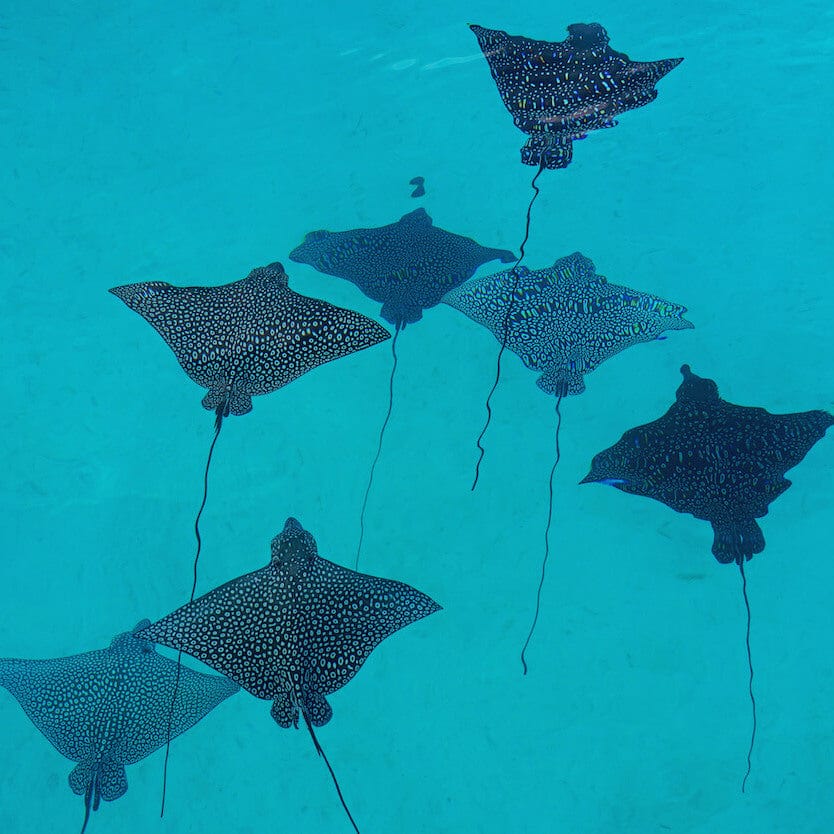
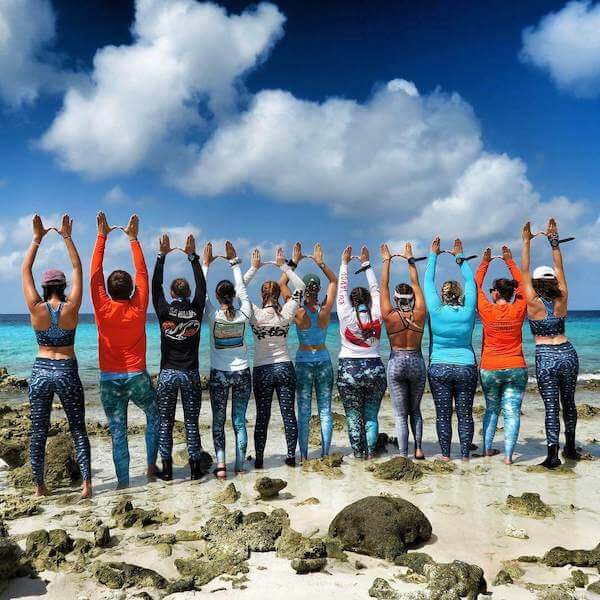
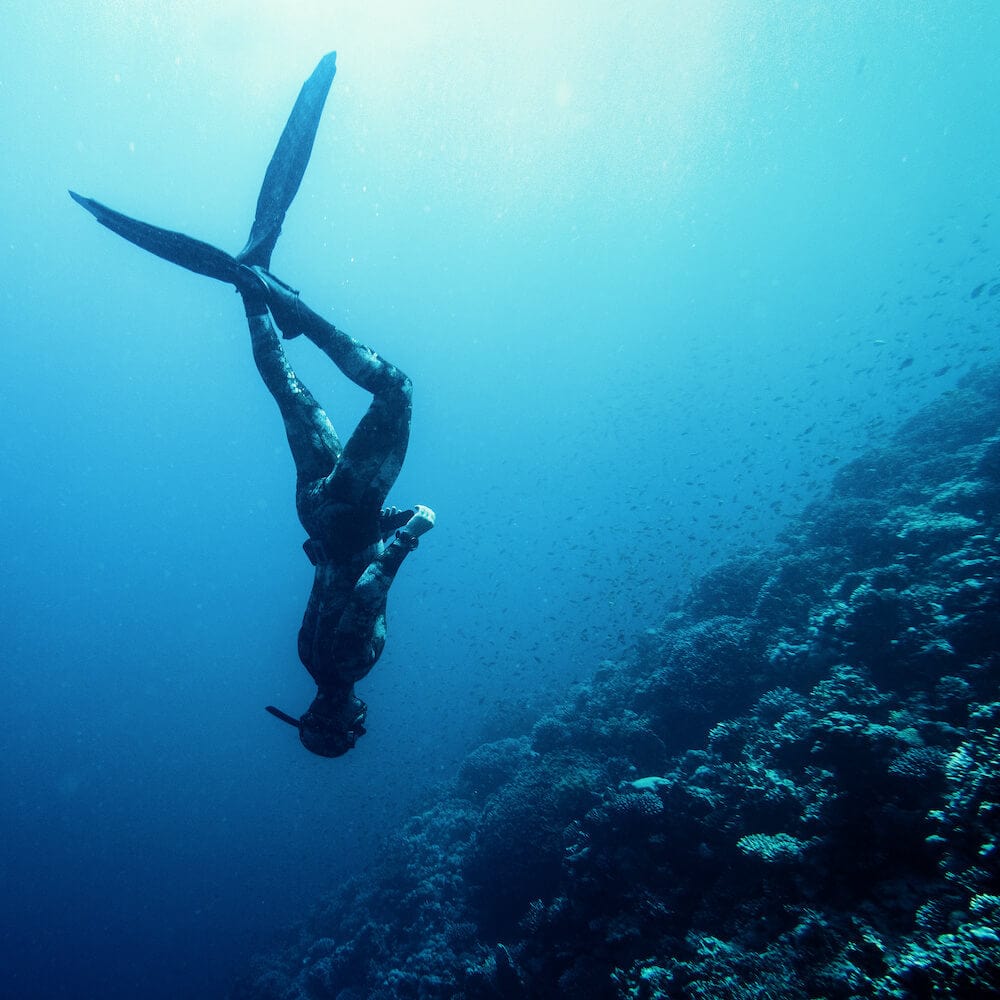
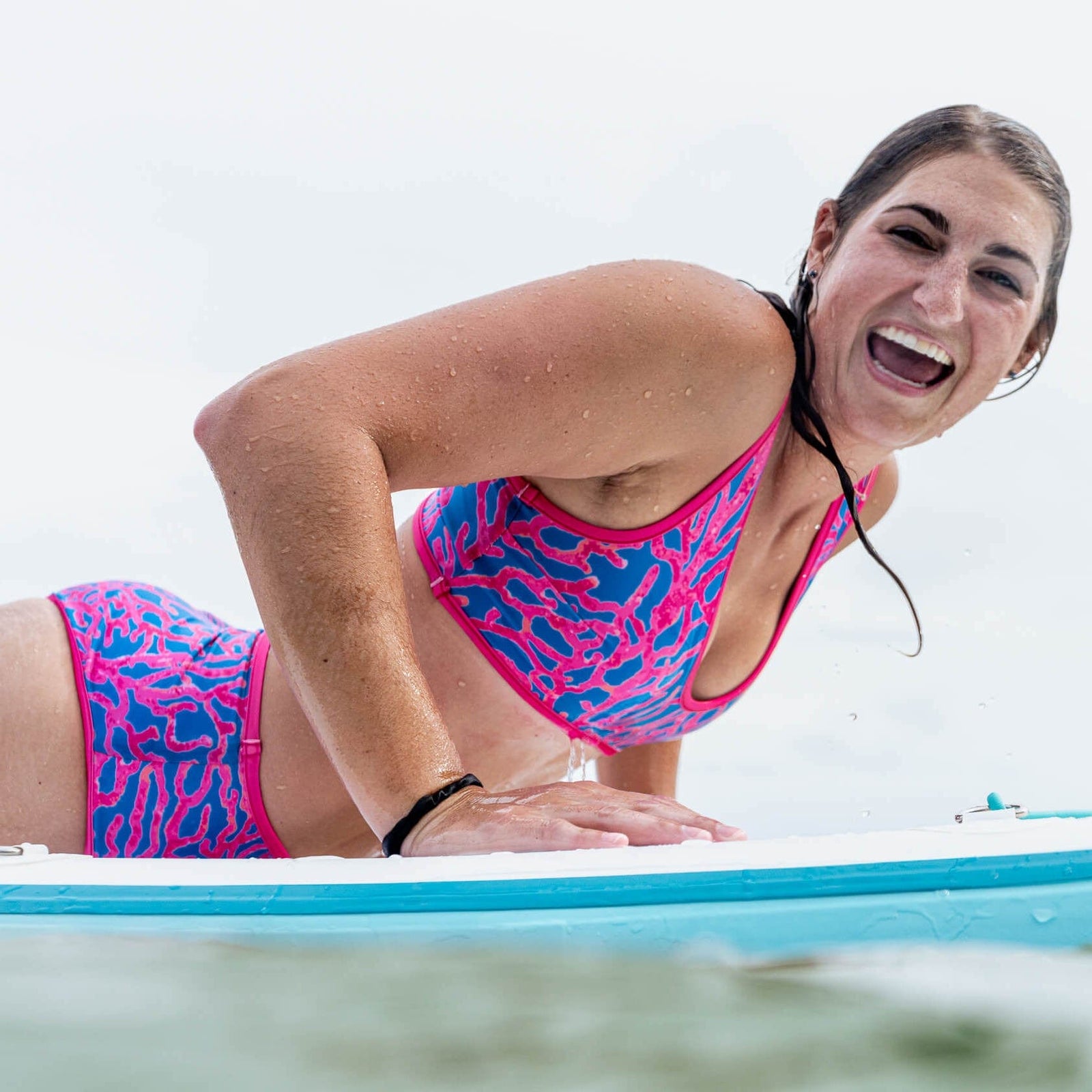
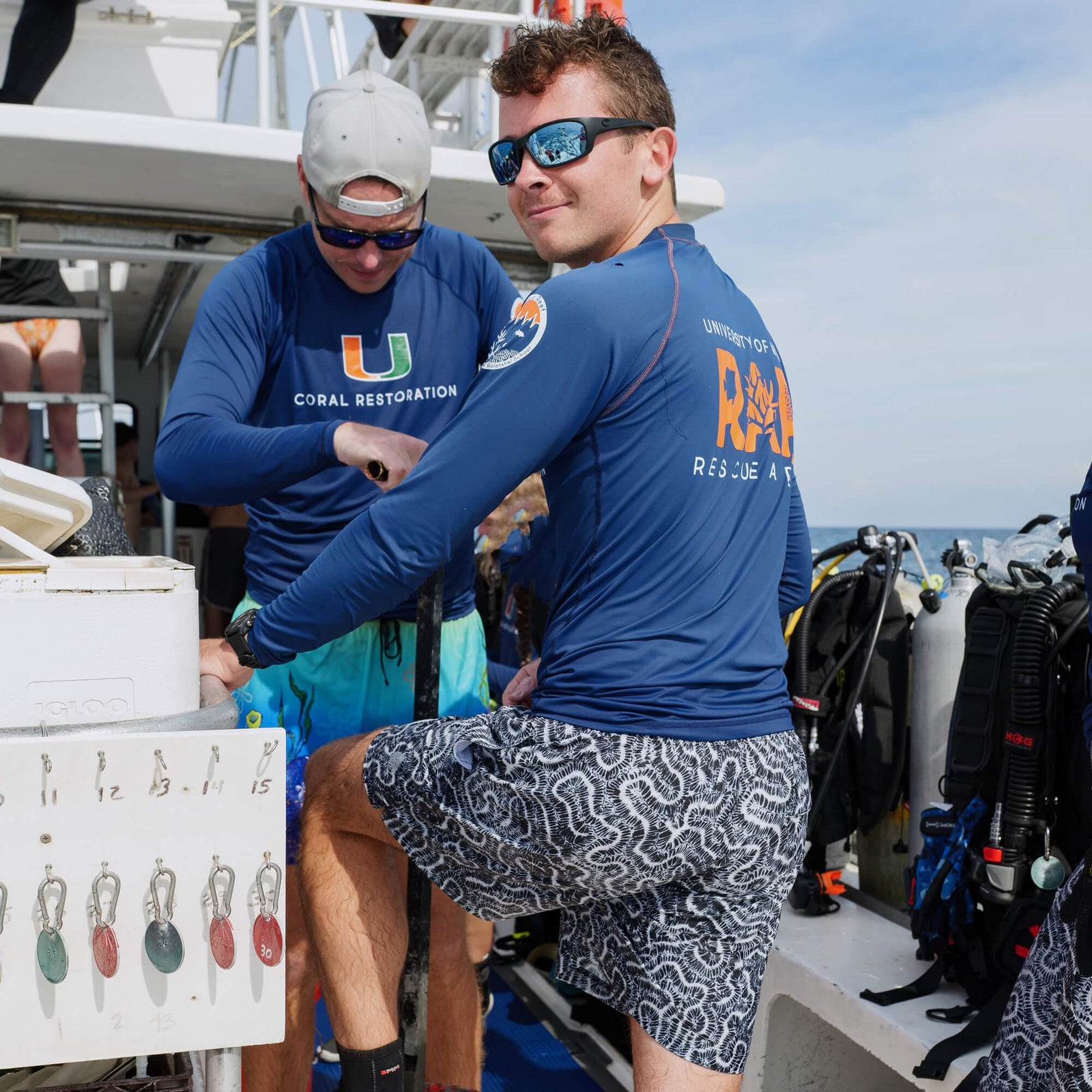
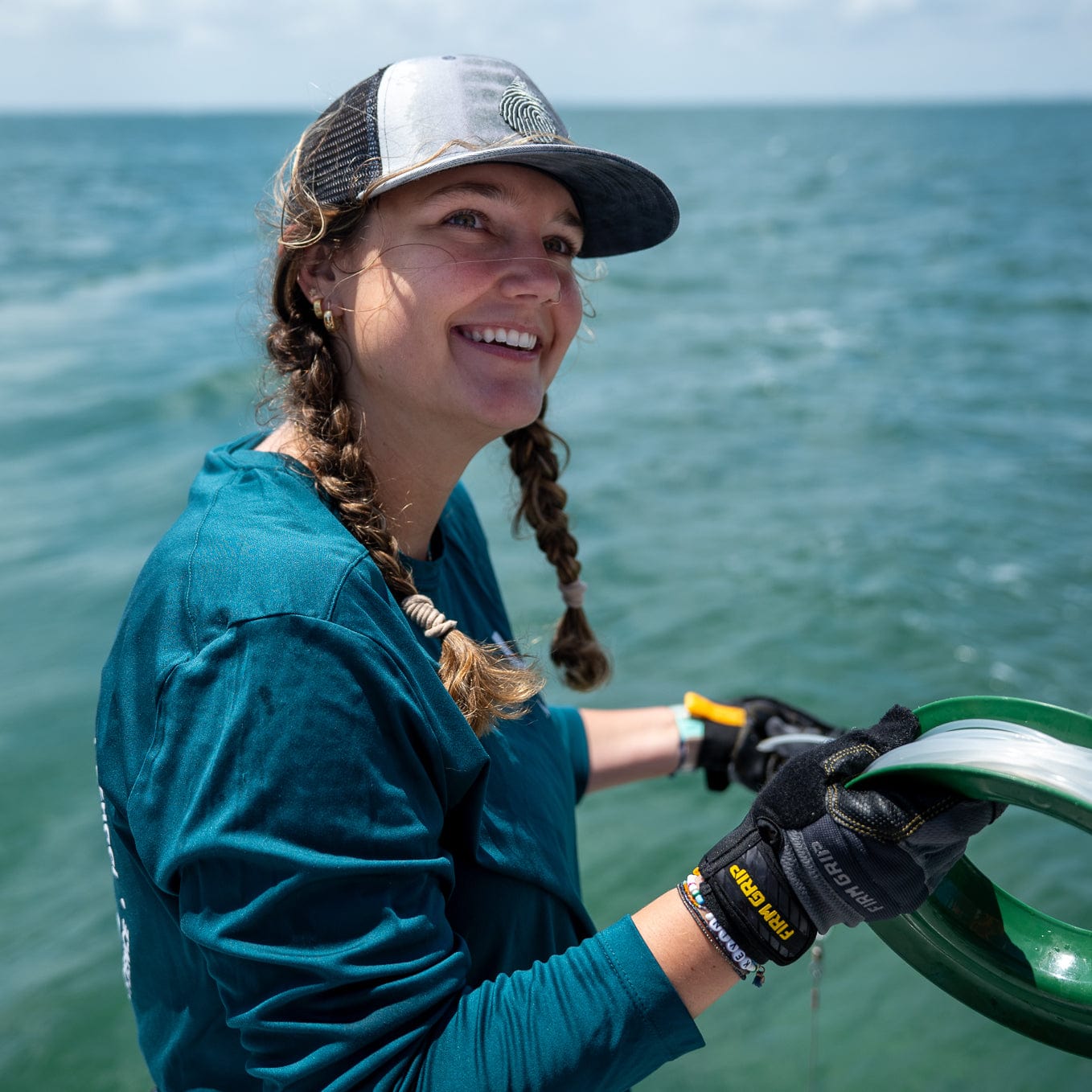





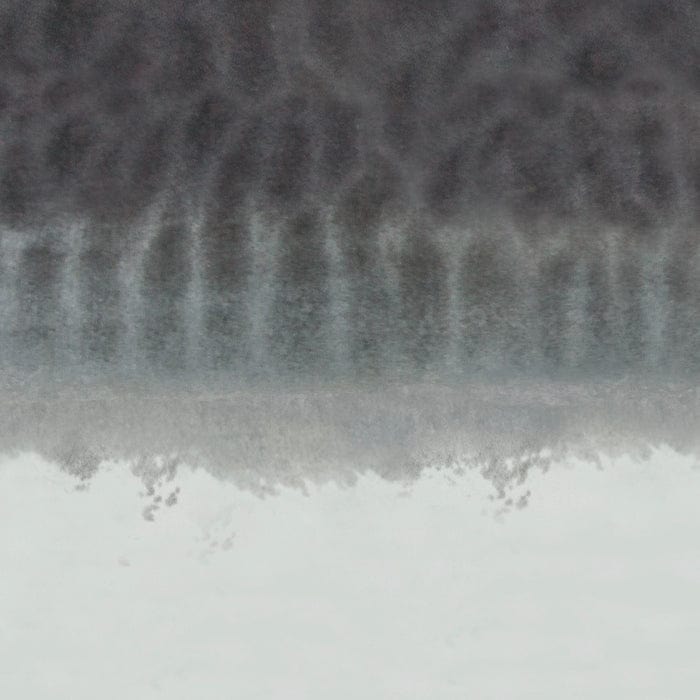
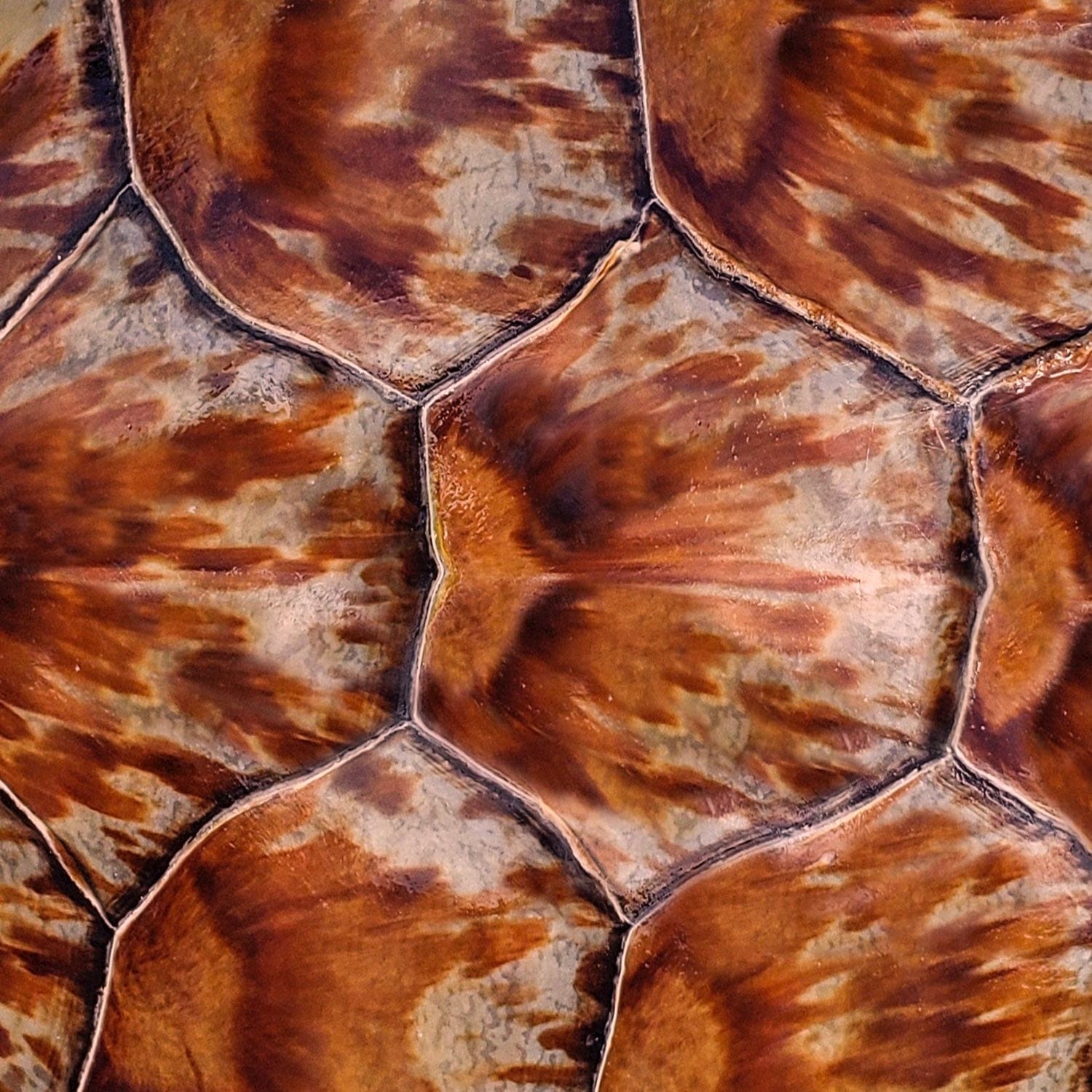
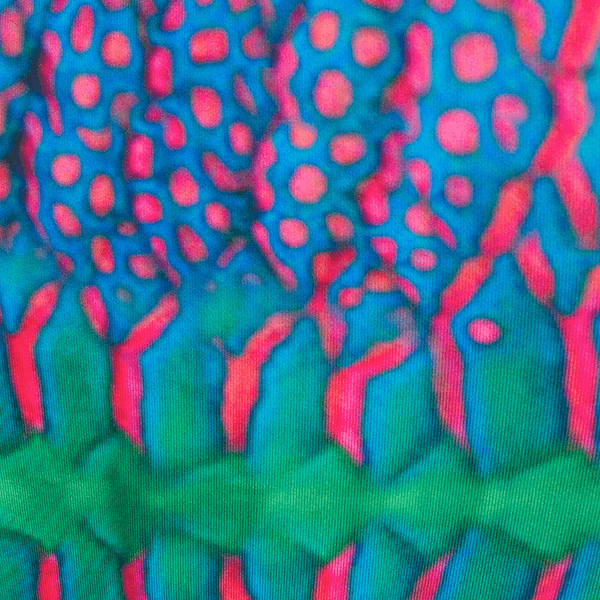
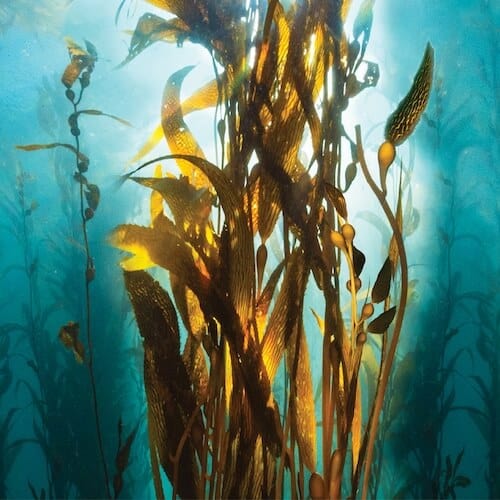
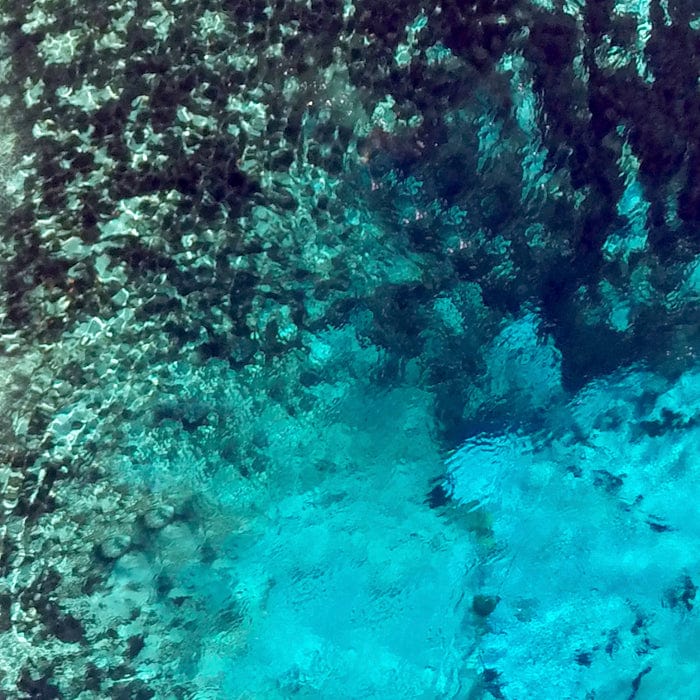
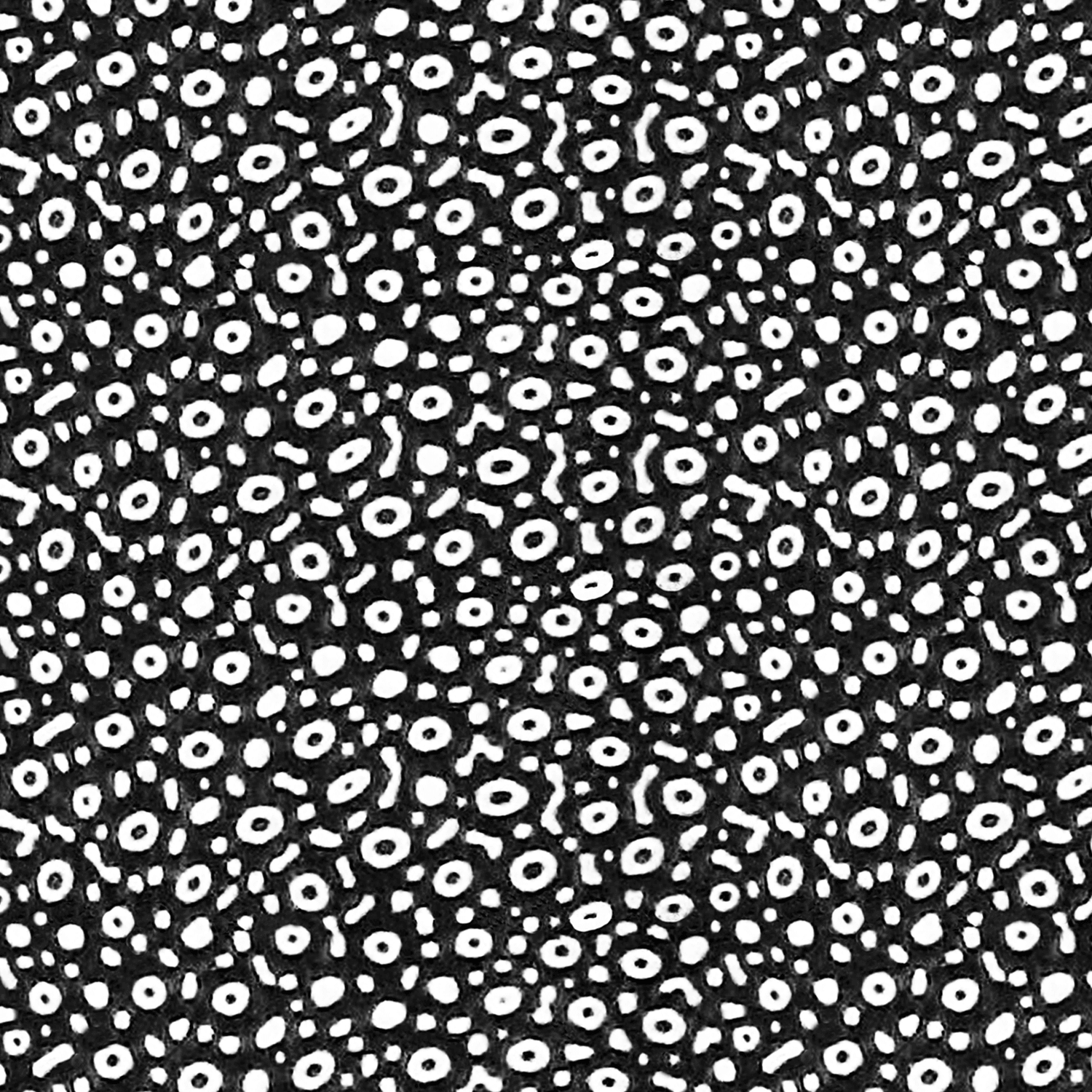

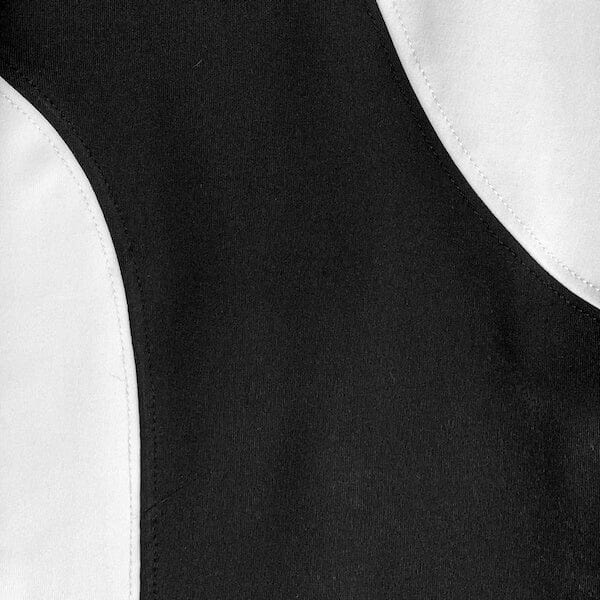
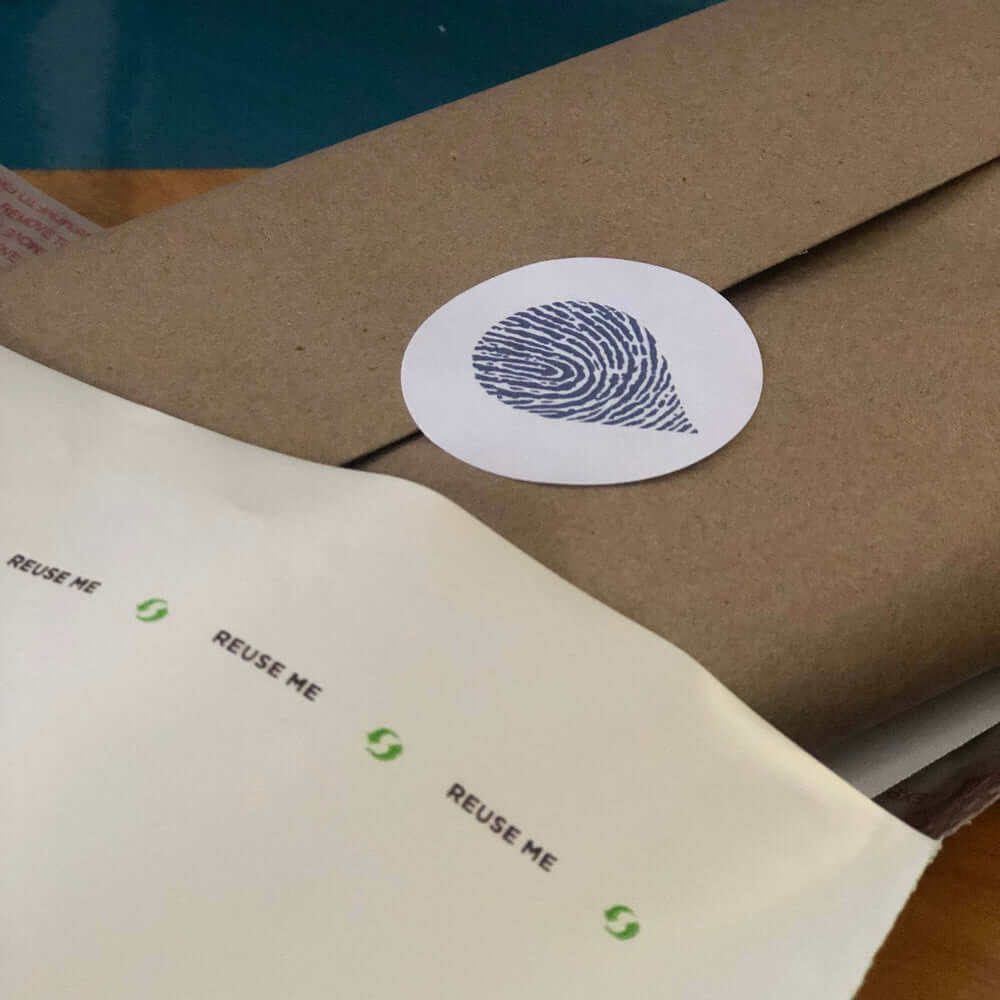
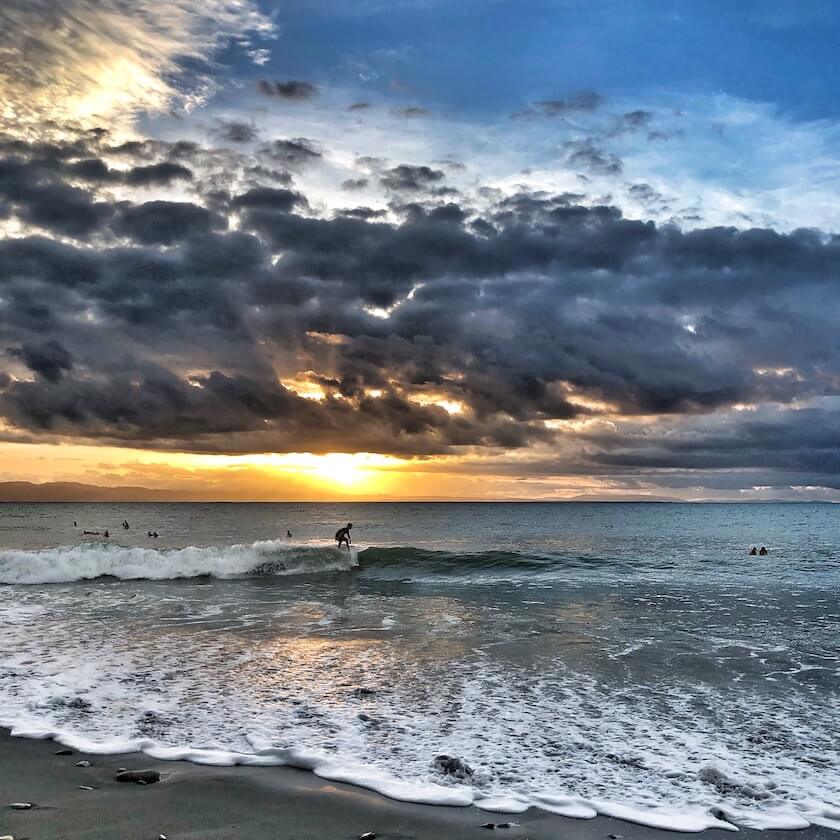
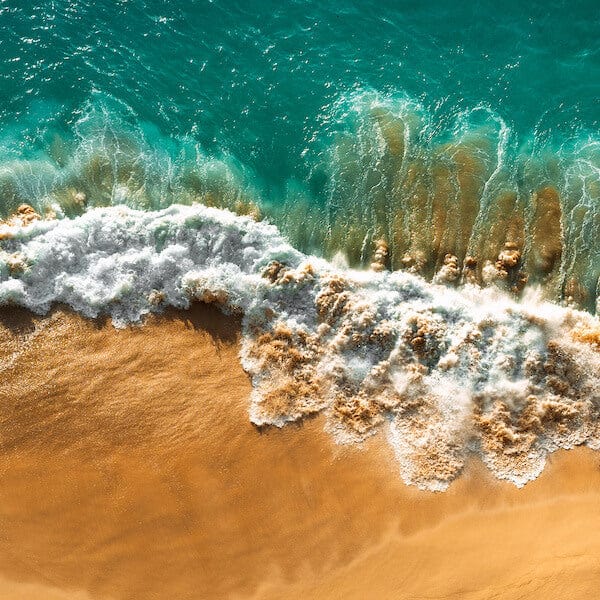
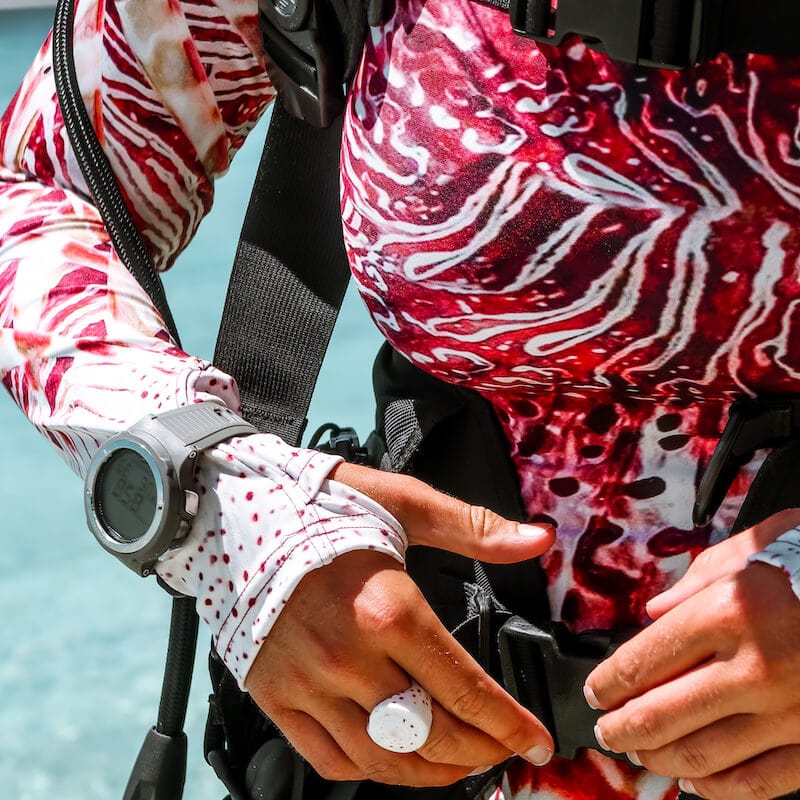
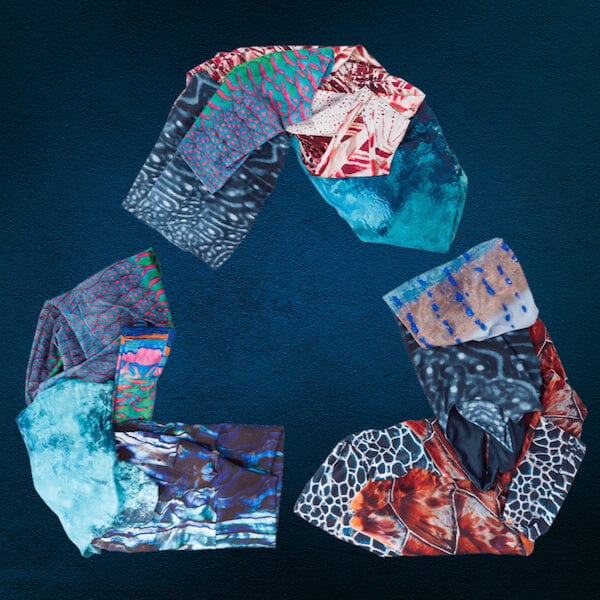
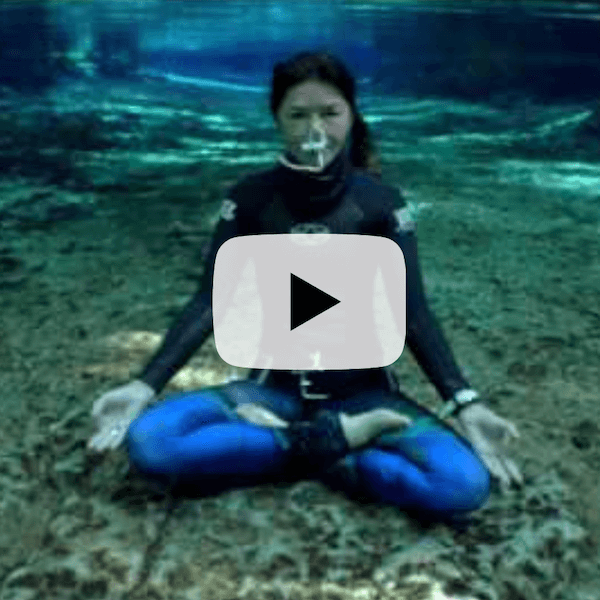
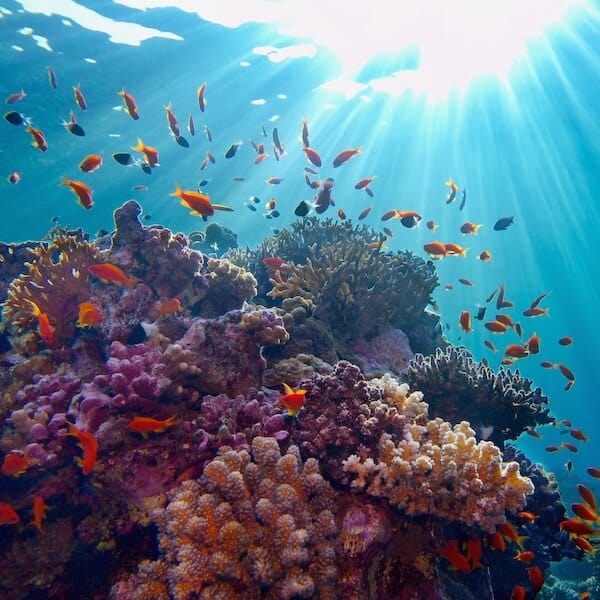
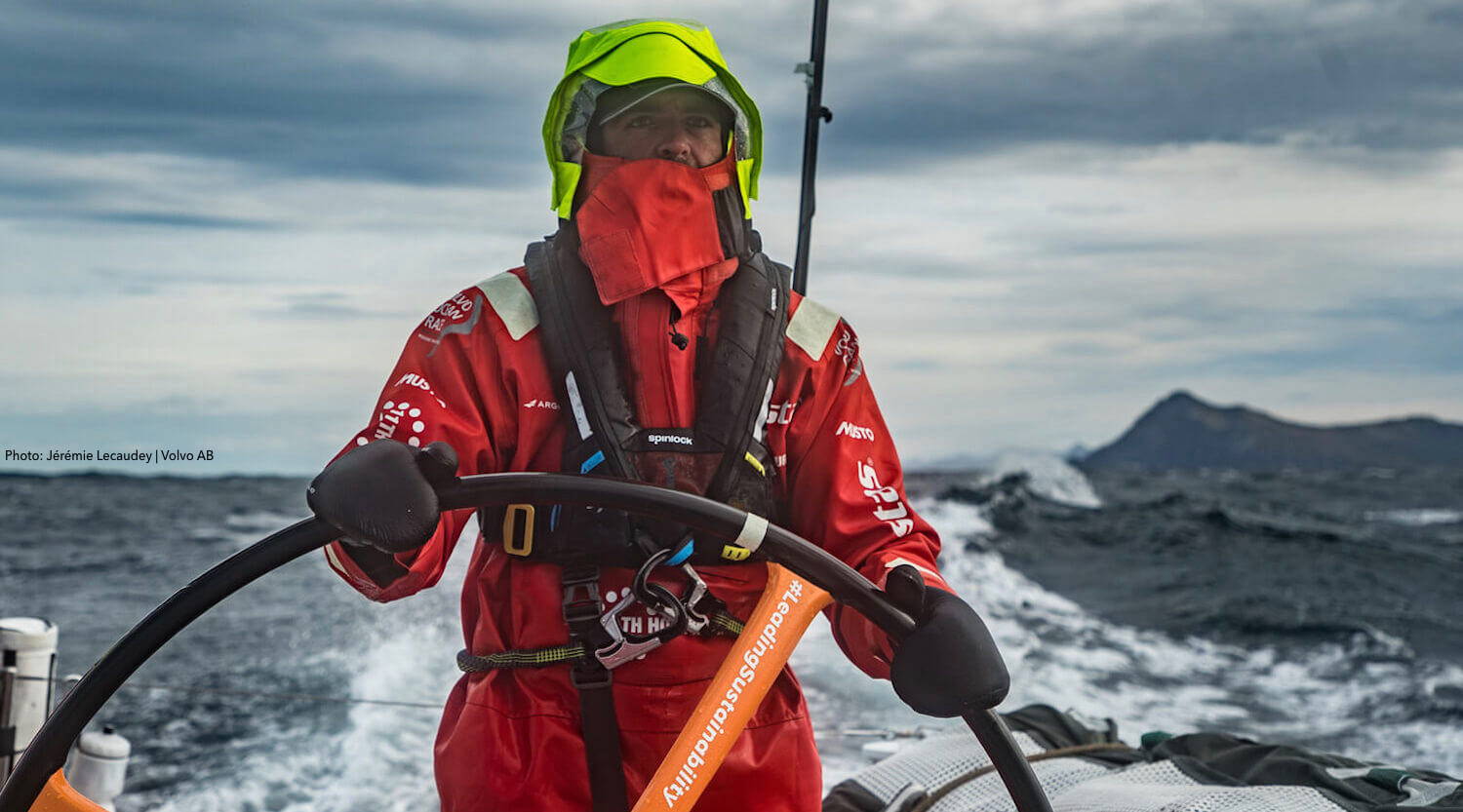
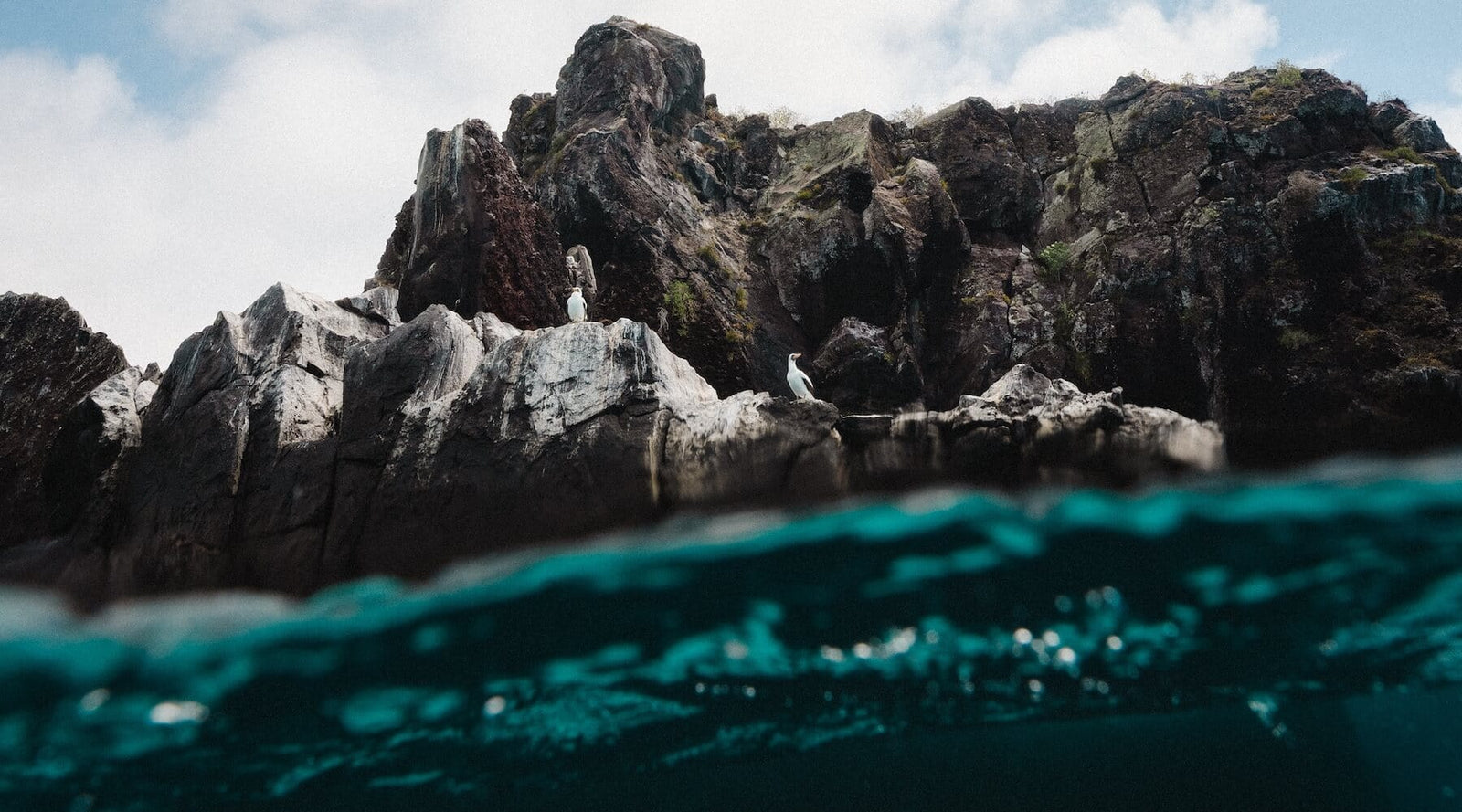
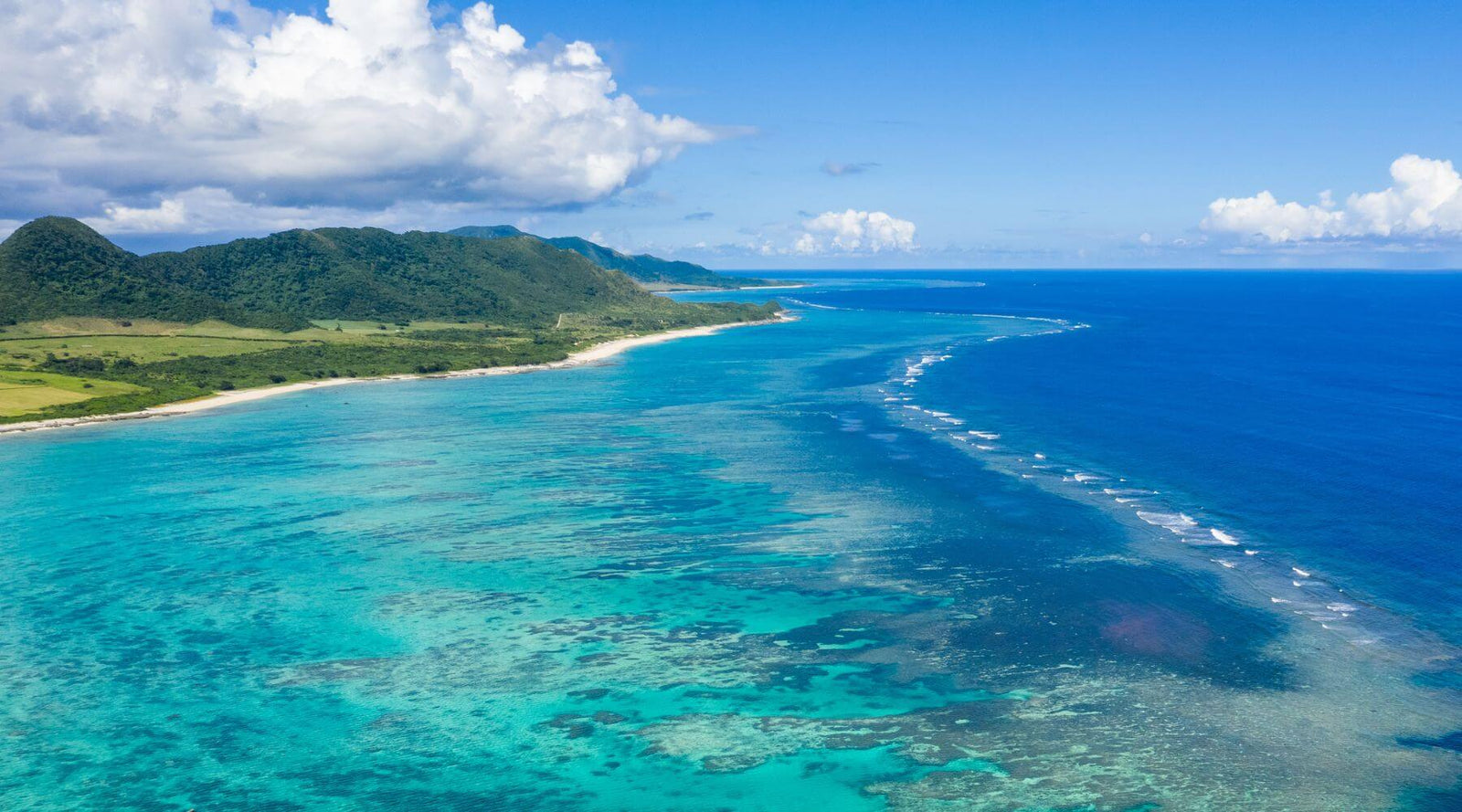
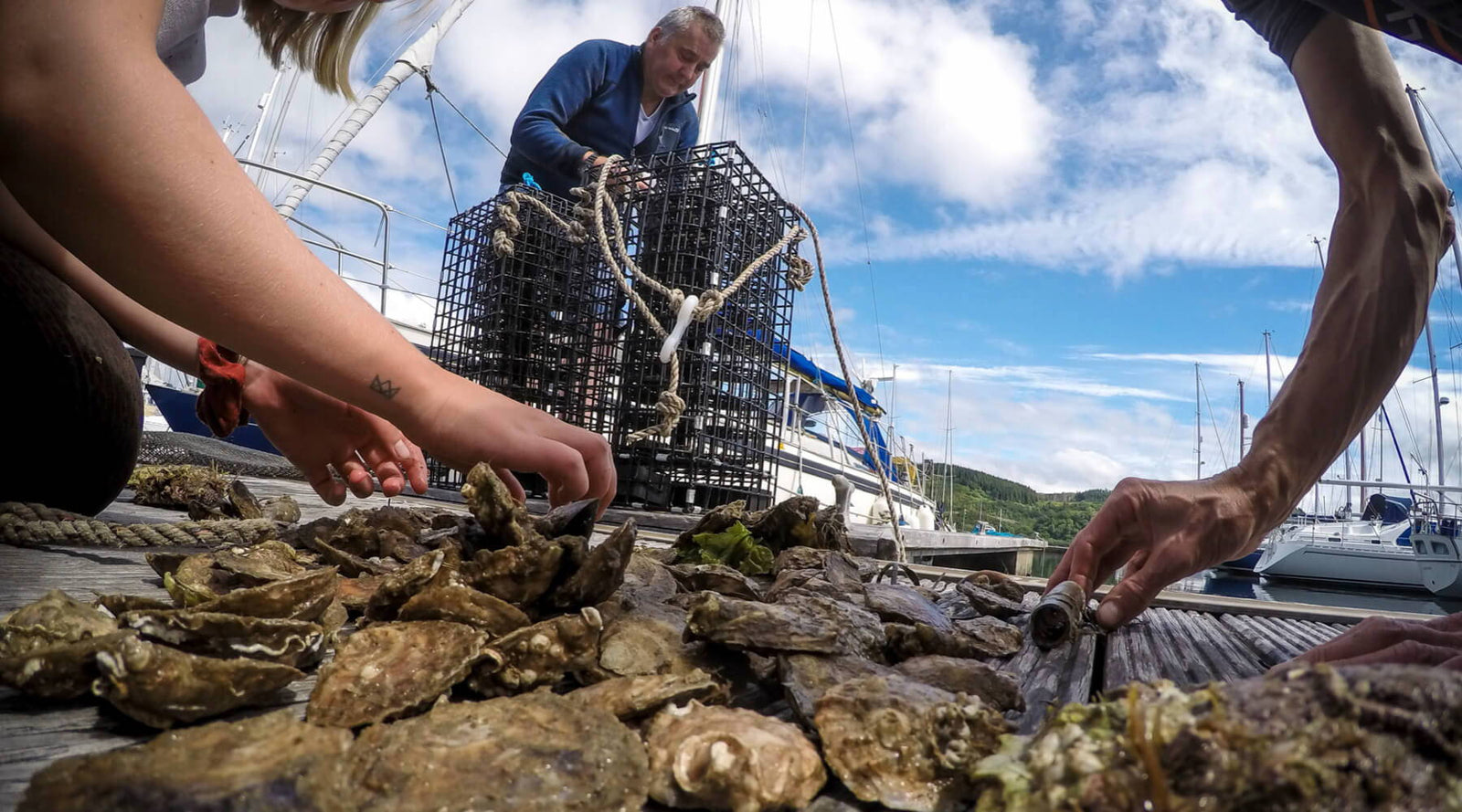
Carl
April 23, 2020
Fantastic read…..”less is more”. Let’s just not forget that we will ALL need to stay active and engaged as social beings. It’s how we’ve arrived to where we are, and will undoubtedly need to continue to be in our changing world ahead.